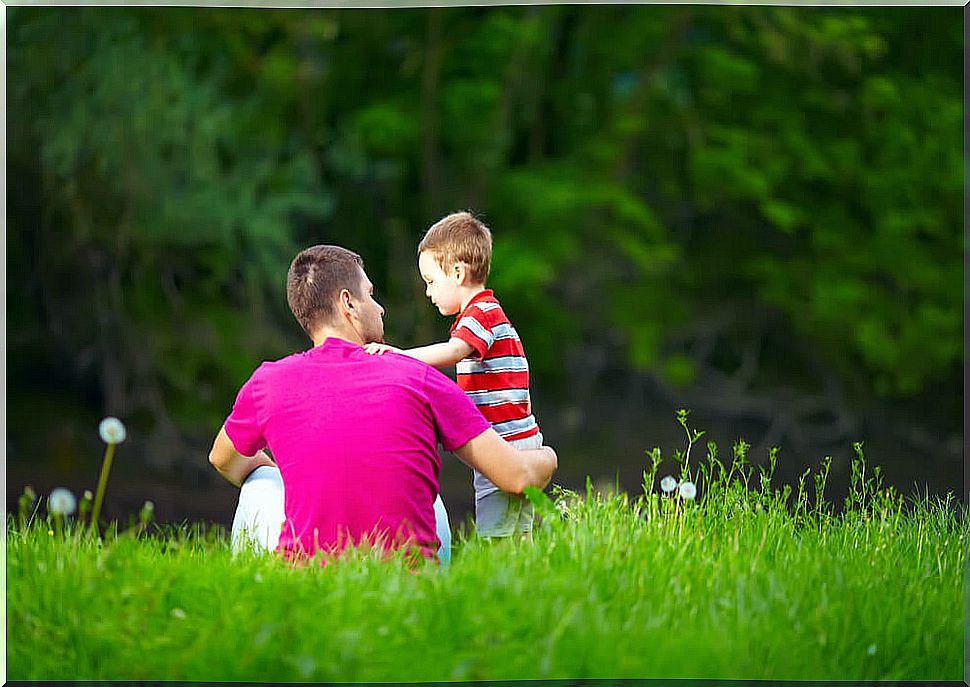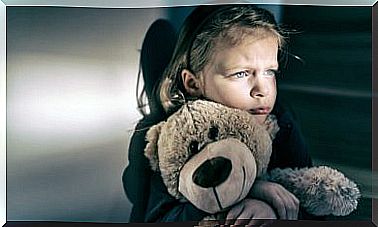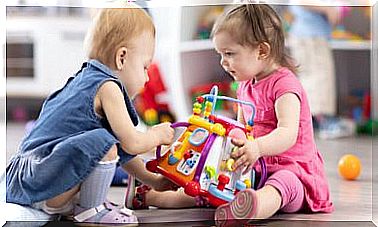Keys To Help Children Let Go Of Control

We tend to assume that children are carefree and spontaneous, capable of adapting to any circumstance. But the reality is that many of them show, from an early age, clear traits of perfectionism and psychological rigidity that can cause them great suffering.
The difficulty in letting go of control, if not addressed, can increase as the child grows older, and can cause a great deal of interference in their daily life.
However, these aspects of the personality are not always identified in time or are not understood by adults. Parents may simply believe that the child worries too much.
However, what happens is that you are facing life with an inflexible attitude that creates anxiety and prevents you from being happy. But not because he wants to, but because he doesn’t know any other way to do it. For this reason, it is essential to teach him other more effective coping styles.
How to identify that a child has difficulty letting go of control?
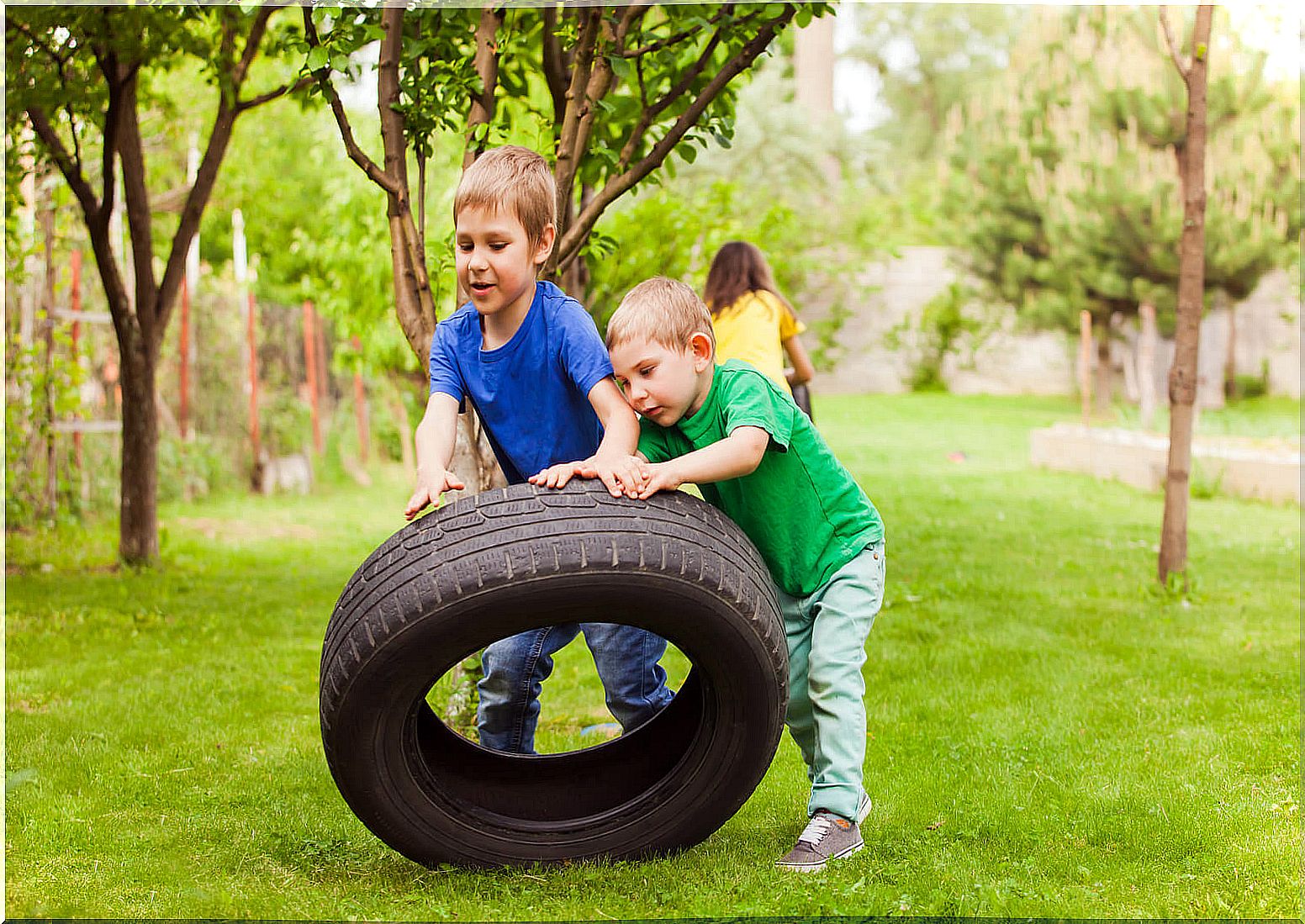
They want to know what to expect
Normally, a child who is told that there will be a school field trip to a school farm will react with excitement and enthusiasm to see the animals or sleep with his friends. On the contrary, those children who find it difficult to let go of control will begin to worry about what there will be food, who they will sleep with or what the activities will be.
They need to know what to expect in order to anticipate and prepare. They require having a certain mental control over what comes next and the inability to do so generates enormous anxiety that prevents them from enjoying themselves.
They need to know how to behave
It is also common that, to feel comfortable, they need to know the protocols and social norms of each situation they face. This is more common from the age of 10 onwards, when the fear of rejection takes on great importance in the lives of minors.
In this way, the child unable to let go of control will need to know what is expected of him, how to behave, what others want, and will try by all means to adapt to that expectation.
The lack of a script produces an ambiguity that they do not know how to deal with. “Should I approach the other children? If I do, will I bother them? If I don’t approach, will they think I’m weird or unfriendly?” . Faced with these types of thoughts, controlling the situation reduces anxiety.
They do not tolerate the unforeseen
On the other hand, these children who are unable to let go of control find it difficult to tolerate frustration and uncertainty. They maintain rigid expectations about people and situations, and when these are not met, they do not know how to handle unforeseen events and changes.
Thus, they feel overwhelmed, burdened and unable to cope with the new reality. It can be a catastrophe for them when a friend suddenly proposes to change the plan they already had or to fail an exam they were sure to pass.
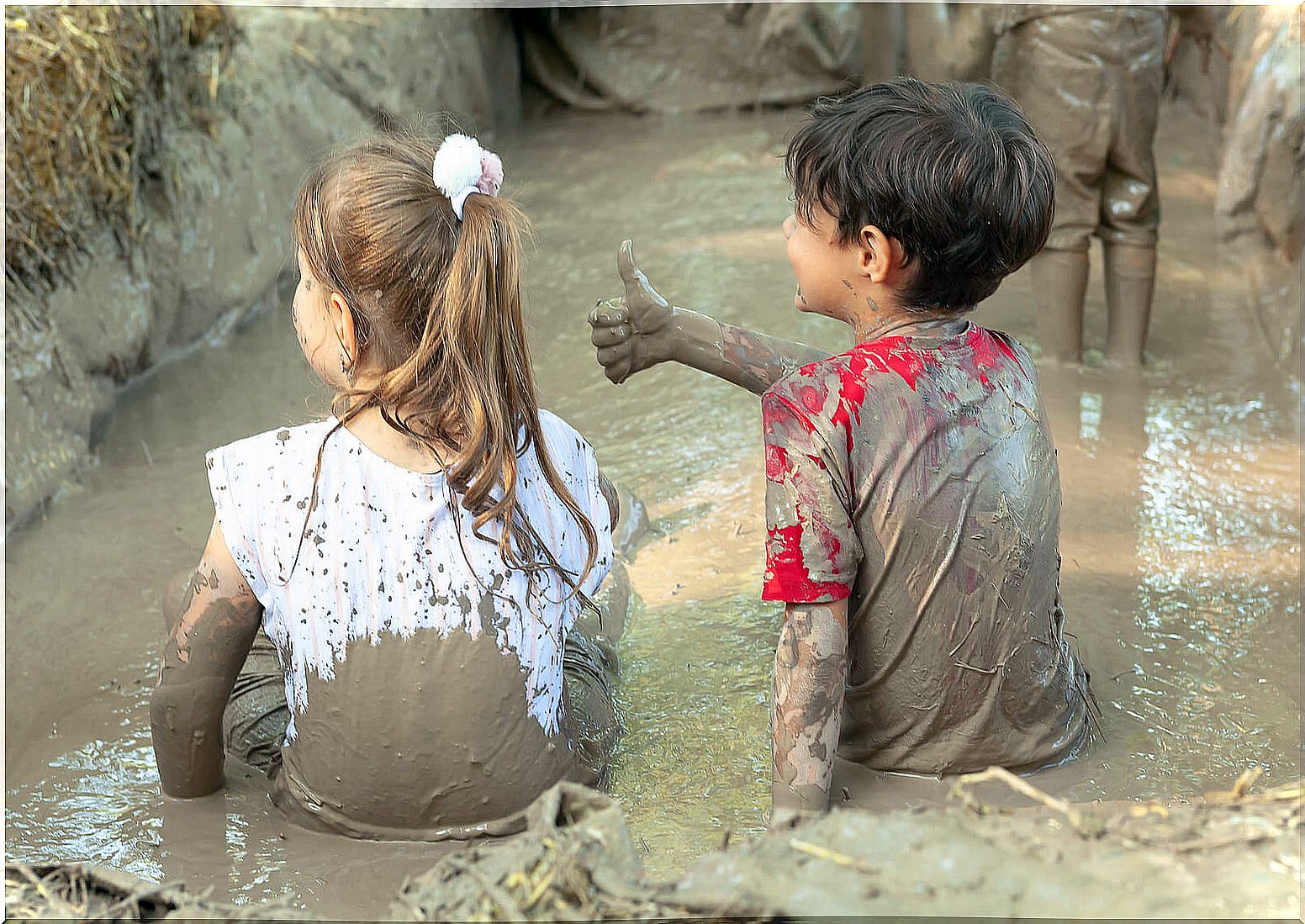
How to help a child unable to let go of control?
The first thing we have to do is bear in mind that, although genetics play a relevant role, education shapes many of the attitudes. Therefore, it is possible that he has acquired or imitated some of those traits from the parents themselves, which they will have to review themselves. Also, we can help the child with some guidelines.
First of all, it boosts your self-esteem and self-confidence. Many times, intolerance to uncertainty and change comes from not being able to face a new situation. Like a bird perched in a tree, if you strengthen its wings, it will not fear that the branch will break, since it will know itself capable of flying.
Teach him that change is part of life and it is positive. Help him to assume that it is impossible to pretend that everything always remains the same and that there will be changes in plans, opinions and direction. However, this can be positive and the new and unforeseen can exceed what we had planned.
Finally, encourage him to voluntarily open himself to change; Urge him to be more spontaneous. For example, to decide at the last minute to make a plan that you did not have in mind or dare to act without knowing exactly all the details. When you see that nothing catastrophic is actually happening and you are even having a good time, you can gradually open up to bigger changes.
